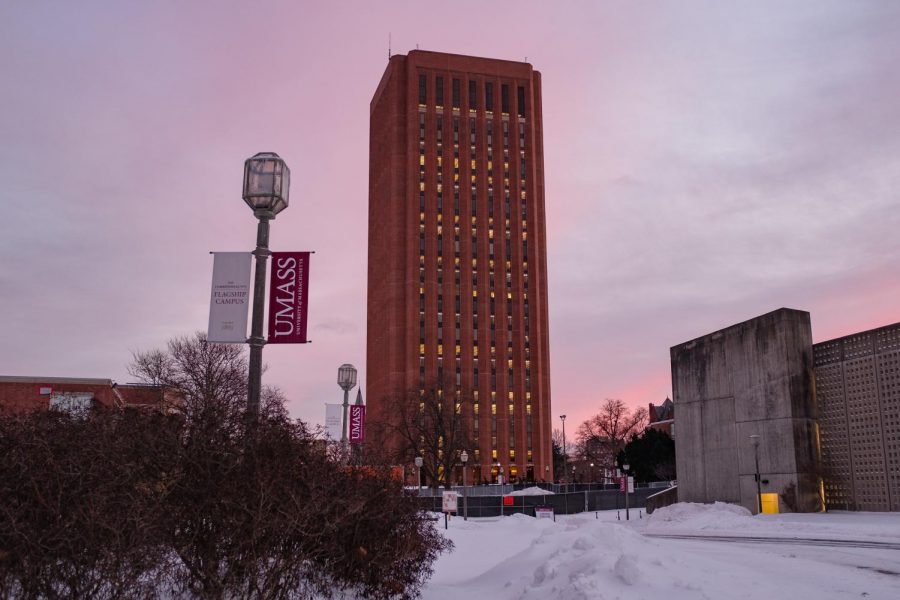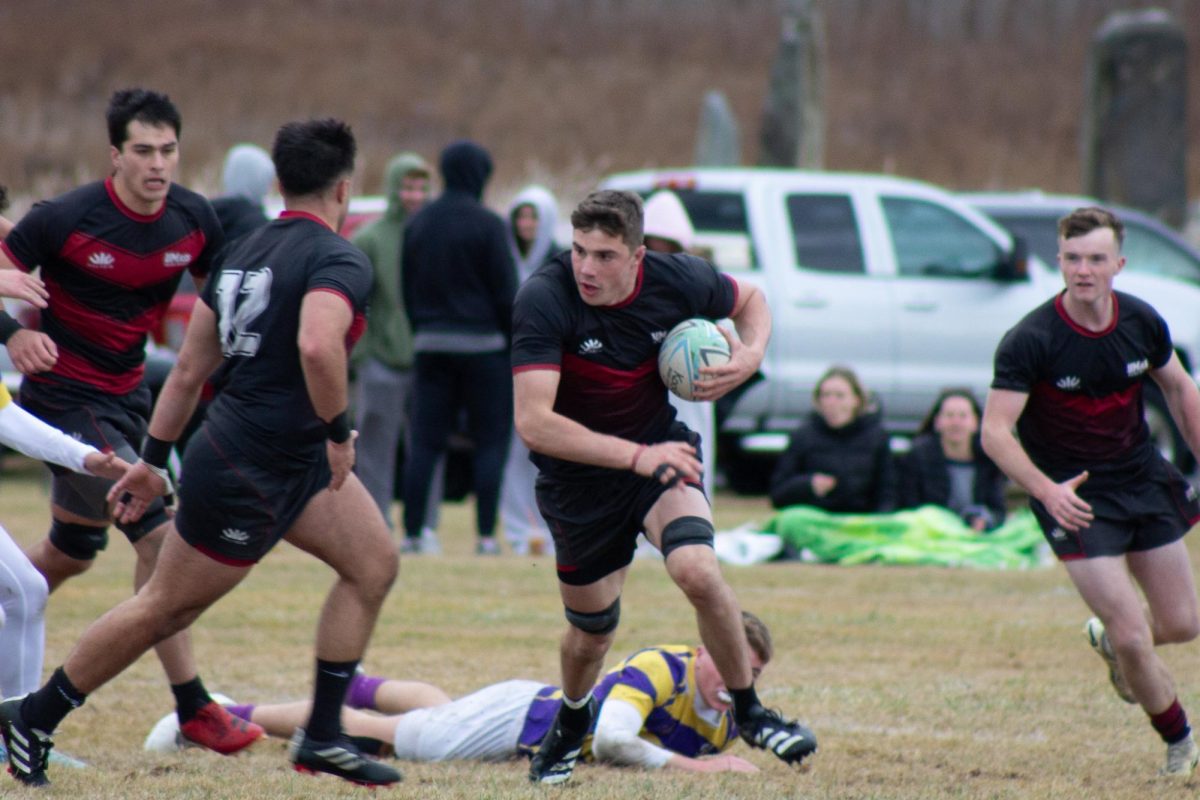A University of Massachusetts professor received a grant to investigate the impact of environmental exposure on breast cancer risk in young women.
Susan R. Sturgeon, a cancer epidemiologist in the school of public health and health sciences, received a $462,000 grant from the National Institutes of Health according to a press release from UMass News and Media Relations. Environmental chemical exposure, the press release explained, is thought to increase estrogen levels and inflammation, affecting breast density. The study will involve collecting a 24-hour urine sample from 100 college-aged women at the University who have never given birth.
“There is evidence from other animal and human studies that the breast is particularly susceptible to environmental influences prior to childbirth,” Sturgeon said in an interview. “But no one has looked at the association between levels of endocrine disrupting chemicals and breast density in young adult women.”
Sturgeon’s research is primarily focused on the relationships between hormone therapy and breast cancer risk and talc and ovarian cancer risk. During this study, students will contribute to expanding her research on the effects of endocrine-disrupting chemicals.
According to Sturgeon, a main focal point of this study is to give students real-life research experience. Both undergraduate and graduate students are involved as volunteer research assistants.
Ashley Moineau, a master’s student in public health working on the study, said, “I learn best by getting hands-on experience, and this study has given me all aspects of that from study organization, participant recruitment, data collection and lab experience.”
Students who are involved in the study as assistants work on participant recruitment and participant study visits. Throughout the study, they receive training on using REDCap, a clinical data management program, as well as laboratory sample preparation and chemical analysis.
“The presence of environmental chemicals such as BPA and phthalates are commonly used in cleaning and personal care products, making it a ‘hot topic’ right now since many people, especially young women, use these every day,” Moineau said.
The students explained that this research experience will add meaning to data management and analysis, and strengthen collaboration skills with fellow students and researchers. In the long run, this practical research experience may help them get jobs or strengthen their graduate school applications.
The UMass Breast Health study team works to collaborate and organize the recruitment of participants and processing of data. Hannah Guard, a junior who studies psychology, biochemistry and molecular biology and public health, said, “I am looking forward to learning more about data analysis and presenting our findings at the undergraduate research conference.”
“Epidemiology is a team science,” Sturgeon said. “I have been fortunate to be part of research that has contributed to our understanding of risk factors for cancer in women.”
Danielle Tabatneck can be reached at [email protected].



















